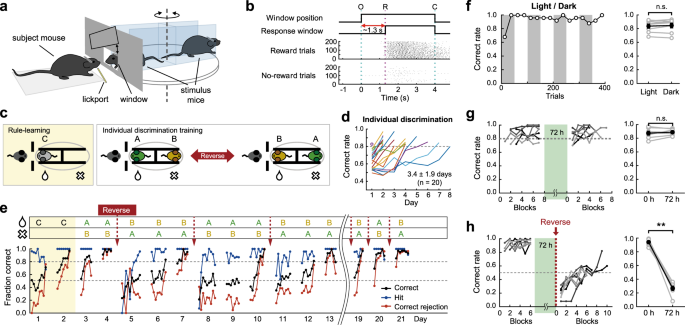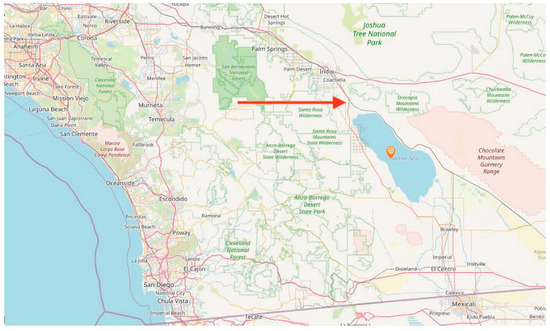2023-06-01 アリゾナ大学
◆研究では、悲しみの深刻さと収縮期血圧の上昇との関連が示されました。これは、悲しみを経験している人々が高血圧や他の心臓関連の問題のリスクにさらされていることを示しており、臨床医にとって重要な知見です。
<関連情報>
- https://news.arizona.edu/story/grief-can-increase-risk-heart-problems-study-finds
- https://journals.lww.com/psychosomaticmedicine/Abstract/9900/The_relationship_of_prolonged_grief_disorder.132.aspx
死別した成人の悲嘆想起に対する血行動態反応と遷延性悲嘆障害症状の関連性 The relationship of prolonged grief disorder symptoms with hemodynamic response to grief recall among bereaved adults
Palitsky, Roman; Wilson, Da’Mere. ; Friedman, Sydney ; Ruiz, John ; Sullivan, Daniel ; O’Connor, Mary-Frances
Psychosomatic Medicine Published:June 1, 2023
DOI: 10.1097/PSY.0000000000001223
Abstract
Objective
Bereavement is among the most impactful psychosocial stressors for cardiovascular health, and hypertensive episodes accompanying bereavement-related distress are one putative mechanism for this effect. The present study examined hemodynamic responses to the Grief Recall (GR), a promising method for studying the effects of acute grief on cardiovascular function, and the relationship of grief severity to blood pressure response.
Methods
N = 59 participants within one year of the loss of a close loved one completed the GR, a semi-structured interview protocol for eliciting bereavement-related distress (a “grief pang”) and cardiovascular response. Systolic (SBP) and diastolic blood pressure (DBP) were measured at two time points: (1) an attention-control baseline, and (2) after a 10-minute GR interview. Baseline vs. post-GR SBP and DBP differences (i.e., BP response) were measured. Grief severity was examined as a predictor of SBP and DBP response, as well as BP recovery
Results
SBP and DBP increased significantly after GR (+ 21.10 mmHg SBP, + 8.10 mmHg DBP). Adjusting for variables relevant to cardiovascular function and bereavement (anti-hypertensive medication use, days since death, gender, age), grief severity predicted magnitude of increase after GR in SBP, but not DBP. No relationship of grief severity and recovery was observed.
Conclusion
The observed association between hemodynamic response and grief severity suggests a mechanistic contribution from hemodynamic effects of acute grief episodes to the cardiovascular impact of grief. This is the first study to show that increased symptoms of prolonged grief disorder are associated with an elevated SBP response. The GR may have further utility for research examining physiological responses to bereavement-related emotions.



